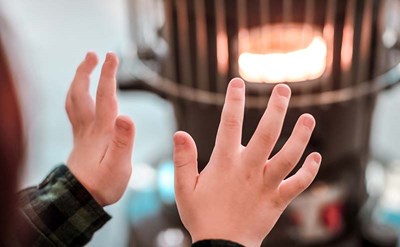Alcohol Poisoning
Celebrations and social events can quickly turn into an emergency when too much alcohol is consumed too quickly. An overdose occurs when too much alcohol is in the bloodstream and the body’s basic functions start to shut down. Recognizing the signs of alcohol poisoning could save a life.
Signs of an alcohol overdose include:
- Confusion
- Vomiting
- Seizure
- Slow heart rate
- Poor bladder/bowel control
- Loss of consciousness
- Clammy or pale/blue skin
- Low body temperature
If you suspect that someone has had an alcohol overdose, is breathing unusually slowly, or is vomiting uncontrollably, call 911 for help immediately.
Do not wait for the person to show all the symptoms. Do not assume that a passed out person will be fine by “sleeping it off,” an unconscious person who has had a dangerous amount of alcohol can die.
High alcohol levels can slow the body’s automatic responses, such as breathing or a gag reflex. A person who has had enough alcohol to pass out is in danger of choking on their own vomit or potentially suffering severe consequences from oxygen deprivation, such as permanent brain damage.
If you see somebody who may have alcohol poisoning it is best not to leave them unaccompanied. If an intoxicated person is vomiting, help them stay sitting up. If an intoxicated person is unconscious, lay them on their side to prevent choking.
Drinking and Driving
An average of one alcohol-impaired-driving fatality occurs every 45 minutes, claiming more than 11,000 lives in the United States each year according to the National Highway Traffic Safety Administration.
Drunk driving is 100% preventable. Do not get behind the wheel of a car if you’ve been drinking.
No safe level of alcohol can be consumed prior to driving. Impairment begins as soon as alcohol can be detected in the blood stream, which can happen after even one drink.
 American College of Emergency Physicians
American College of Emergency Physicians







